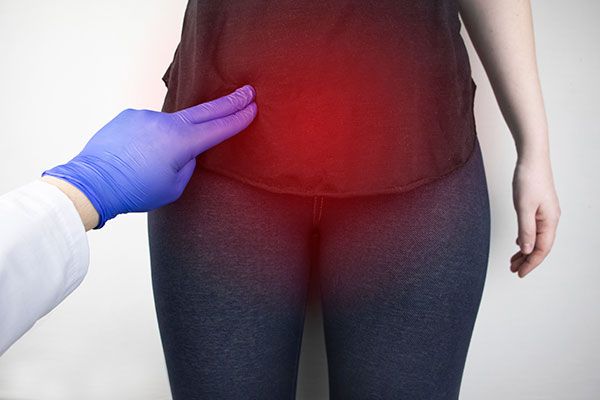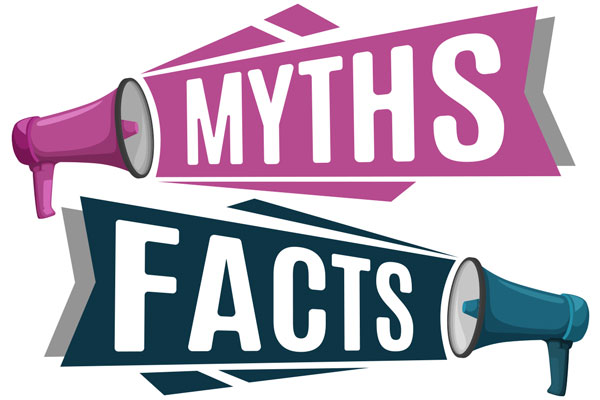At North Pointe OB/GYN in Cumming, we are committed to providing comprehensive women’s health care. An important part of our services involves educating our patients about various conditions they might encounter during their reproductive years. One such condition that affects many women is uterine fibroids. Here, we delve into understanding why uterine fibroids develop and when to be concerned about them.
What Are Uterine Fibroids?
Uterine fibroids are non-cancerous growths of the uterus that often appear during childbearing years. They vary in size, from tiny and undetectable to the human eye, to large masses that can distort the shape and size of the uterus. The good news is that most fibroids do not lead to cancer and, in many cases, they cause no symptoms at all.
Why Do Uterine Fibroids Develop?
While the exact causes of uterine fibroids remain unclear, there are several factors that have been linked to their development:
- Hormonal Factors: Estrogen and progesterone, the hormones produced by the ovaries, promote the growth of the uterine lining during each menstrual cycle and may also stimulate the growth of fibroids. Fibroids contain more estrogen and progesterone receptors than normal uterine muscle cells do.
- Genetic Factors: If your mother or sister had fibroids, you’re at an increased risk of developing them as well.
- Other Growth Factors: Substances that help the body maintain tissues, like insulin-like growth factor, might influence fibroid development.
- Extracellular Matrix: This is a material that makes cells stick together and might also contribute to fibroid growth.
When to Be Concerned About Uterine Fibroids
For many women, uterine fibroids cause no noticeable symptoms. However, there are signs that may indicate the presence of fibroids, and some of these can be quite concerning:
- Heavy Menstrual Bleeding: One of the most common signs of fibroids is prolonged menstrual periods or excessive bleeding.
- Pelvic Pain or Pressure: Larger fibroids can cause a sensation of fullness or pressure in the lower abdomen.
- Frequent Urination: Due to their location and size, fibroids can press on the bladder causing frequent urination.
- Complications During Pregnancy: In some cases, fibroids might lead to complications such as fetal growth restriction or preterm delivery.
- Infertility: In rare cases, fibroids can block the fallopian tubes, making it harder for a fertilized egg to implant in the uterus.
If you experience any of these symptoms, especially if they impact your quality of life, it’s crucial to consult a healthcare professional. While these symptoms might indicate the presence of fibroids, they can also be signs of other medical issues. A timely diagnosis can lead to effective treatments and relief from discomfort.
Worried About Your Frequent Fibroids? Call North Pointe OB/GYN
Uterine fibroids, while common and often benign, can have a profound impact on a woman’s reproductive health. Understanding why they develop and being alert to the signs that might indicate a concern is crucial. At North Pointe OB/GYN, our team is here to support, advise, and provide the best possible care for all our patients. If you have concerns or questions about uterine fibroids or any other aspect of your reproductive health, don’t hesitate to reach out to us. Your health and well-being are our top priority.




